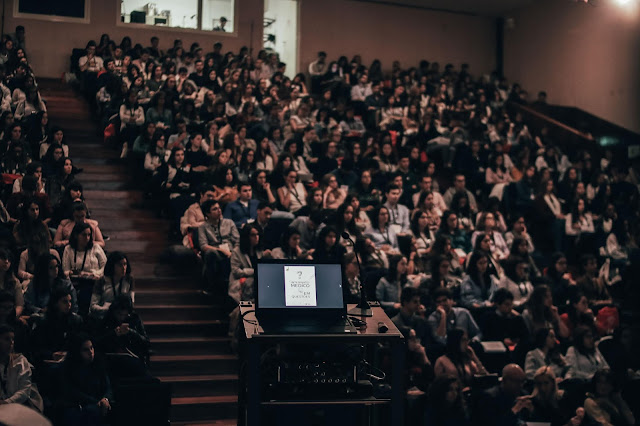Standing in Solidarity – Why We Should Support the UCU Strikes

Emma Bentley - Guest Writer On 25th November, many UK universities started striking over disputes about pensions, pay and conditions. Striking as a form of direct action has a long history; from responses to the conditions of workers in the Industrial Revolution, to the National Union of Mineworkers’ strike between 1984 - 1985 and the more recent UCU (University and College Union) strikes in 2018, it is a means of causing disruption to pressure governments and employers. This current round of strikes sees 43 universities striking over pensions, pay and conditions, and a further 13 over just pay and conditions. Many claim that disruption and the subsequent impact on students make the strikes irresponsible and selfish, especially as UK and EU students pay up to £9250 annually as tuition fees. However, as universities increasingly resemble neo-liberal corporations lusting after profit with little care for the wellbeing of both students and staff, these strikes are entirely necessary....



